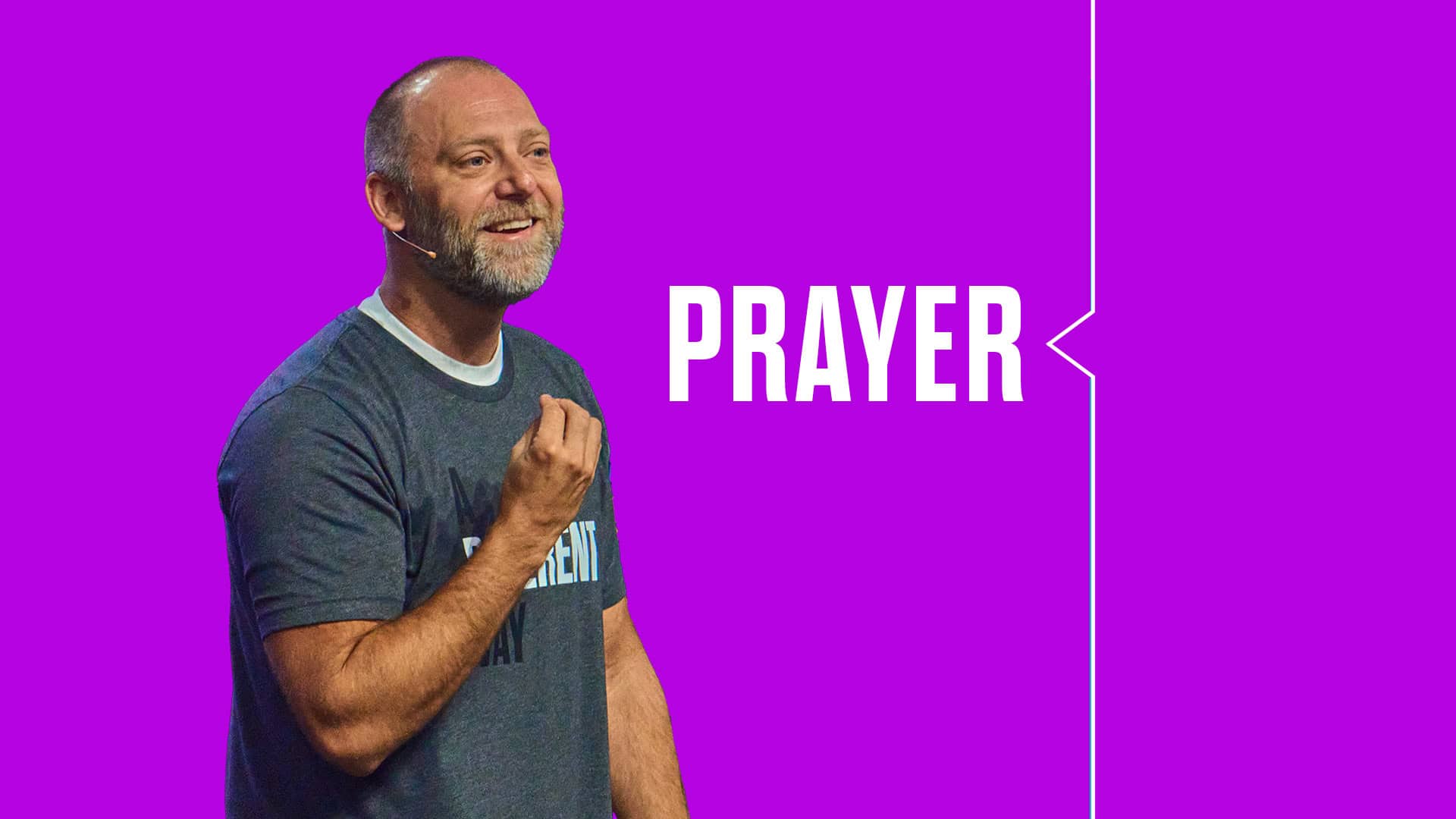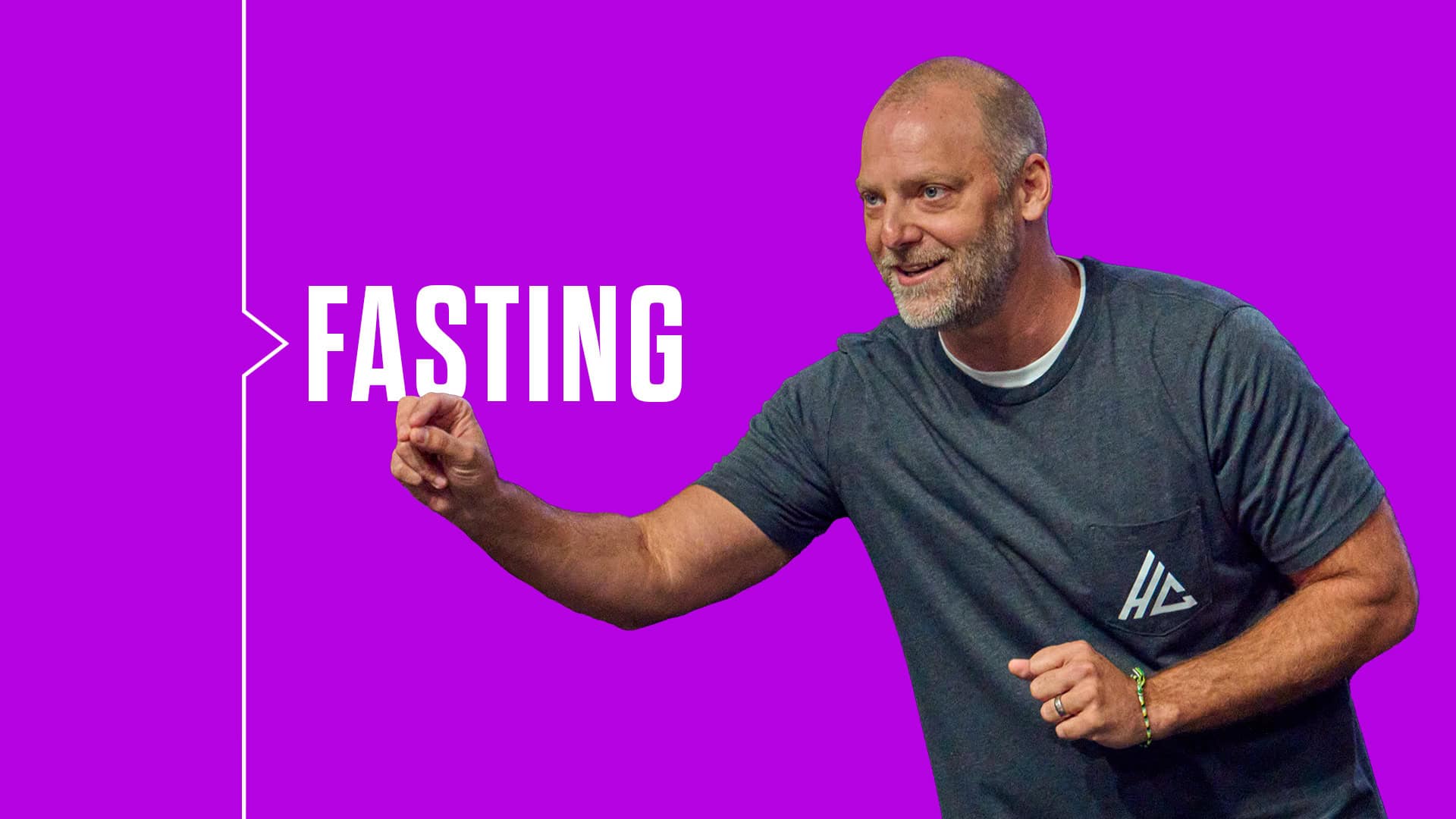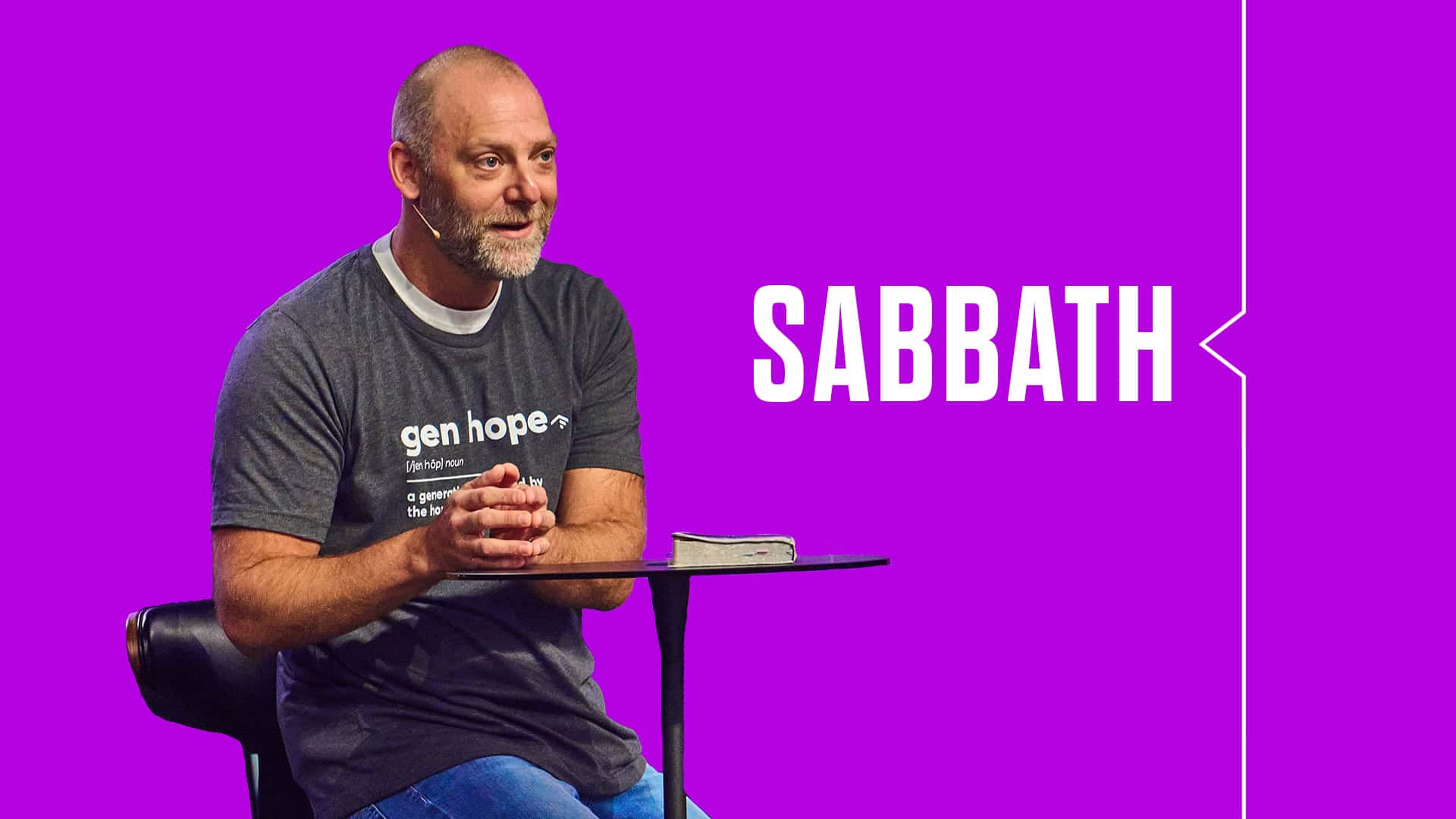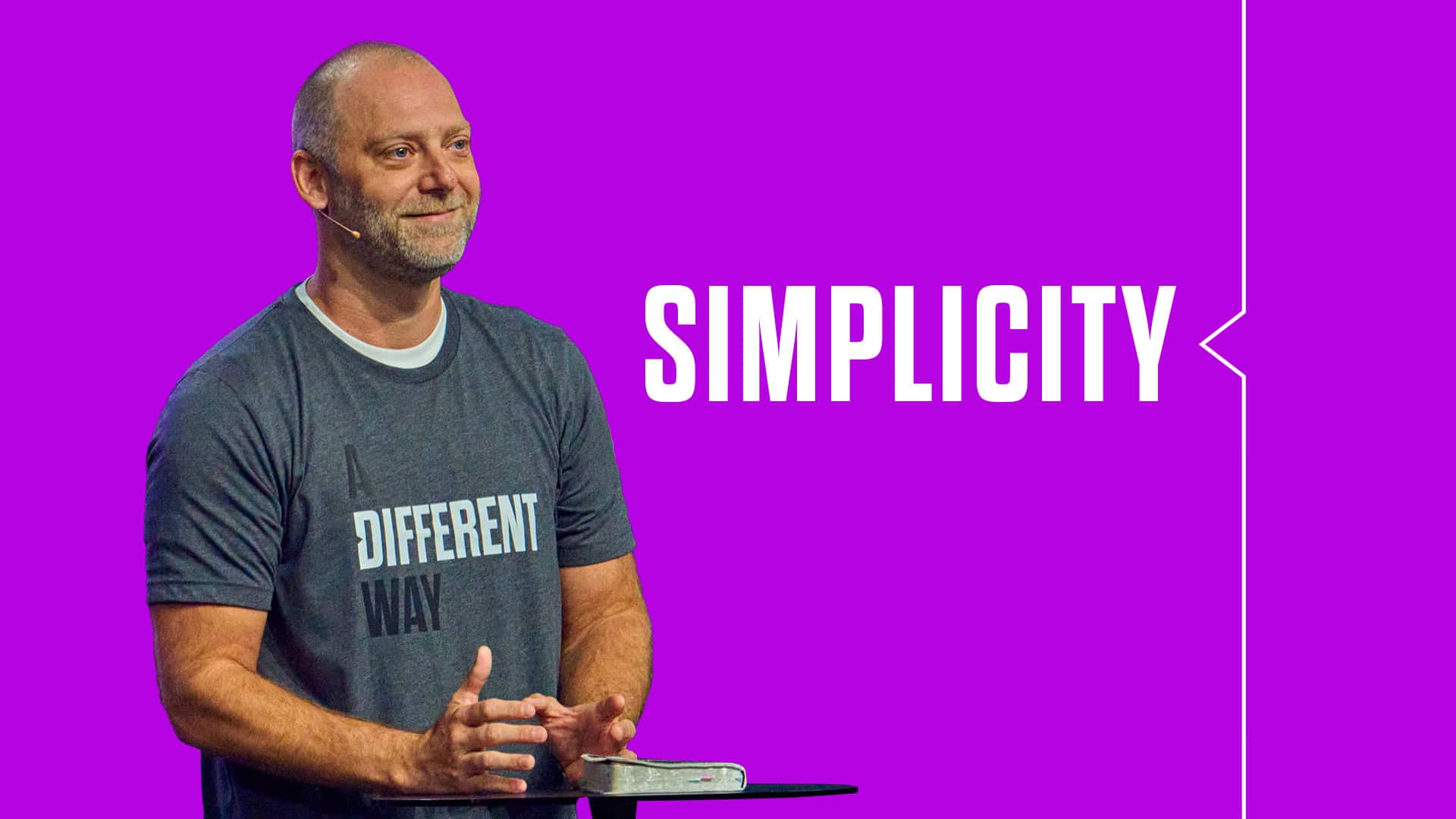


Season Three Notes
Prayer
What is prayer? What if it’s more than just asking God for things? What if it’s more than just a religious exercise? What if prayer was simply being aware of God?
In this message, we learn that prayer is talking with God about the life we’re living together. Prayer is intimacy and authority, relationship and rulership, and communion and commissioning. Prayer is living in the present with God.
Prayer doesn’t connect us to God; it’s a way we experience the connection that already exists.
Jesus didn’t see prayer as a last resort; He saw it as a lifestyle. We can look at His life to learn how to pray.
The heart to pray is more important than our perceived ability to pray. God has given us full access to talk with Him, and He’s interested in what we have to say!
Our prayer life reveals what we think about God.
John 15:7 – “If you remain in me and my words remain in you, ask whatever you wish, and it will be given you.”
Fasting
Fasting is a practice that can feel so archaic in our modern day, but it’s still so relevant! It’s the ancient path that has been practiced by the people of God for thousands of years. It’s an incredible practice because it reminds us that we’re not sustained by the world but by God alone.
In this message, we walk through the practice of fasting. We learn that fasting is abstaining from food in order to seek God; we fast from food to feast on God.
We see from the life of Jesus that He begins His ministry and finishes His life with the practice of fasting. Fasting didn’t make Him weak; it made Him strong.
Fasting is a practical way we deny our flesh. Our flesh is always being satisfied or crucified. It’s being strengthened as we give into it, or it’s dying as we surrender it to God.
Jesus tells us there is a reward for fasting, and that reward is more of Him.
How is God inviting you to arrange and rearrange your life around the practice of fasting rather than your flesh or the world?
Matthew 6:16-18 – “When you fast, do not look somber as the hypocrites do, for they disfigure their faces to show men they are fasting. I tell you the truth, they have received their reward in full. But when you fast, put oil on your head and wash your face, so that it will not be obvious to men that you are fasting, but only to your Father, who is unseen; and your Father, who sees what is done in secret, will reward you.”
Sabbath
Most of us believe busyness is just part of life and that, the more busy we are, the more successful we are. What if we’ve gotten it backwards? What if we’re missing out on the life of freedom God has for us?
In this message, we learn that the sabbath isn’t just a spiritual practice but a command designed for our good. It’s not a rule to follow but a gift to receive. It’s designed to help us rest from work so that God can work in us. He’s given us this day each week as a way for us to enjoy the life we’re living with Him.
Jesus models sabbath for us. He was the most significant, important, and influential person to ever live, yet He was never in a hurry.
Busyness isn’t an sign of significance; it’s an indicator that we’re failing at the one thing that matters most – resting in God’s presence.
It’s impossible to live as a disciple if we’re always in a hurry.
Meaningful work comes from meaningful rest, and meaningful rest is only found in God.
God can do more in six days than I can do in 7.
Hebrews 4:9-11 – There remains, then, a Sabbath-rest for the people of God; for anyone who enters God’s rest also rests from his own work, just as God did from his. Let us, therefore, make every effort to enter that rest.
Silence & Solitude
Our lives are arranged around constant noise, but our souls crave peace. Jesus invites us to live a different way by engaging in silence and solitude. This practice is so much more than “quiet time”!
In this message, we learn that the practice of silence and solitude trains us to live with peace in the midst of chaos and positions us to hear God’s whisper.
Silence and solitude is a holy rebellion.
Silence and solitude are not the same thing as indifference and isolation. Silence is turning down external and internal noise to listen for God’s gentle whisper. Solitude is withdrawing from the world in order to be with God.
When we are still, it’s a reminder to our souls that we are not what we do; we are what Jesus has done.
Silence and solitude helps us bring our lives into submission and surrender to Jesus.
Luke 22:39-41 – “Jesus went out as usual to the Mount of Olives, and his disciples followed him. On reaching the place… He withdrew about a stone’s throw beyond them, knelt down and prayed.”
Simplicity
What if the things we spend our life seeking are the very things that rob us of the margin to enjoy those things? What if our lives are just too complicated to be disciples of Jesus?
In this message, we learn that the practice of simplicity helps us arrange our lives so that we can seek God first. It’s the practice that helps us engage in all the other practices.
Jesus practiced simplicity, and that gave Him the margin to respond to what God was doing in Him and through Him.
God doesn’t care if we have stuff; He cares if stuff has us.
Simplifying requires humility.
Life naturally moves toward complexity, so we must reevaluate often to keep simplicity.
You are not what you have and what you do. You are who has you and what has been done for you.
These principles help us live a life of simplicity:
- Slow down
- Give it away
- Quit the right things
- Reevaluate often
- Ask God first
John 5:19 – “I tell you the truth, the Son can do nothing by himself; he can do only what he sees his Father doing, because whatever the Father does the Son also does.”
Matthew 6:33 – “But seek first his kingdom and his righteousness, and all these things will be given to you as well.”





